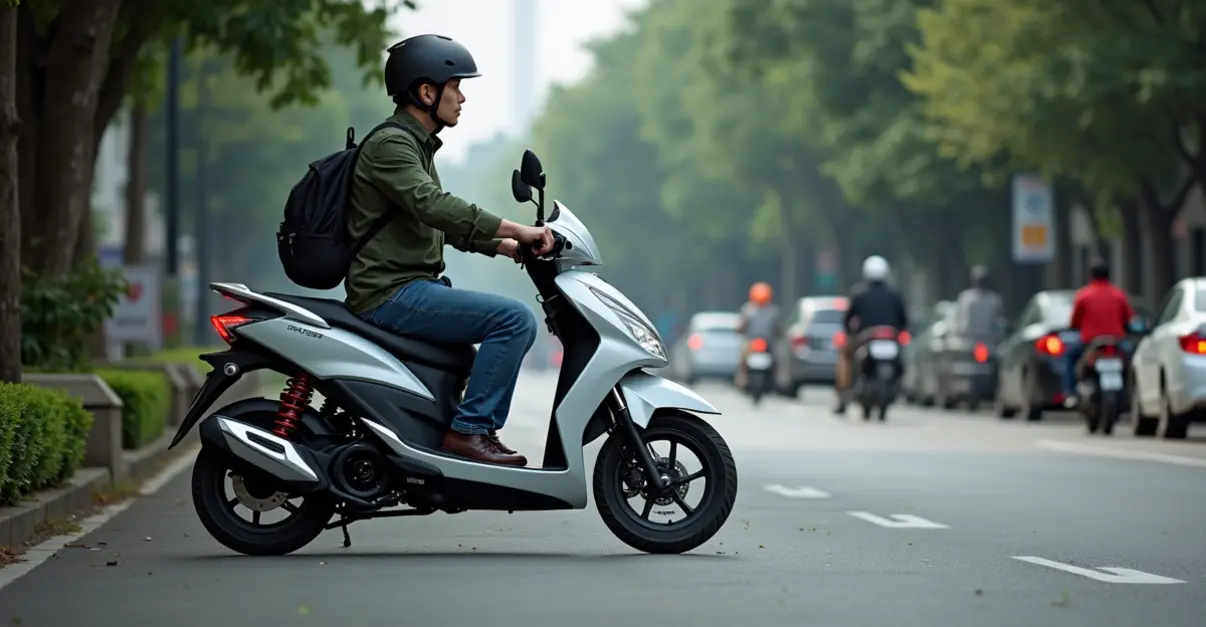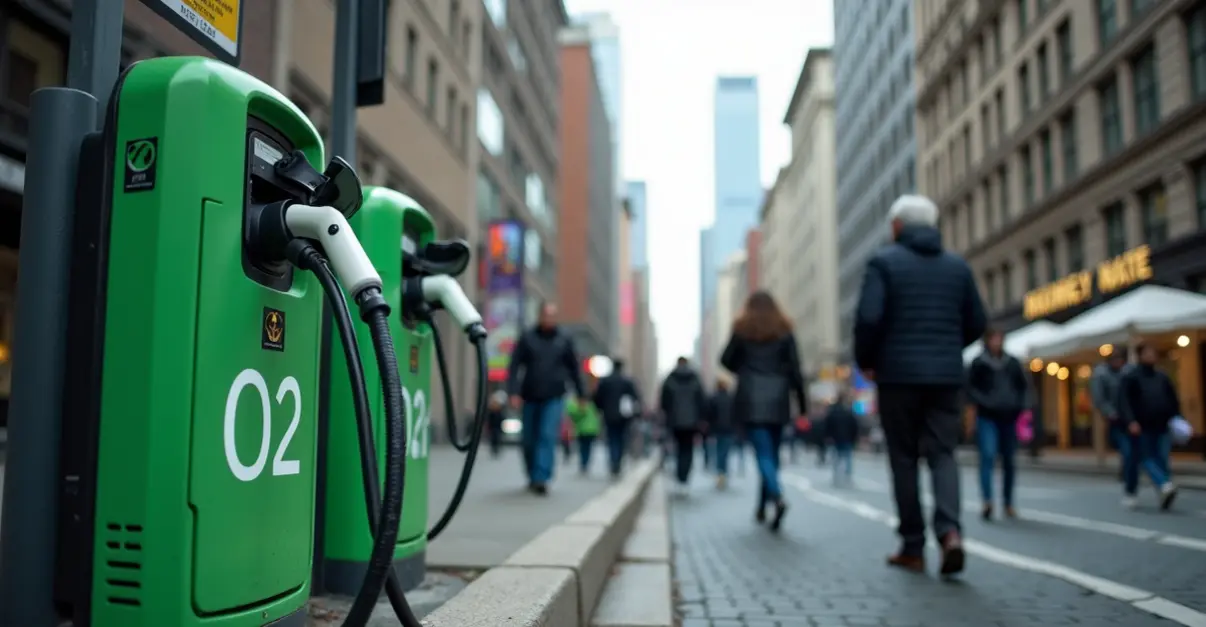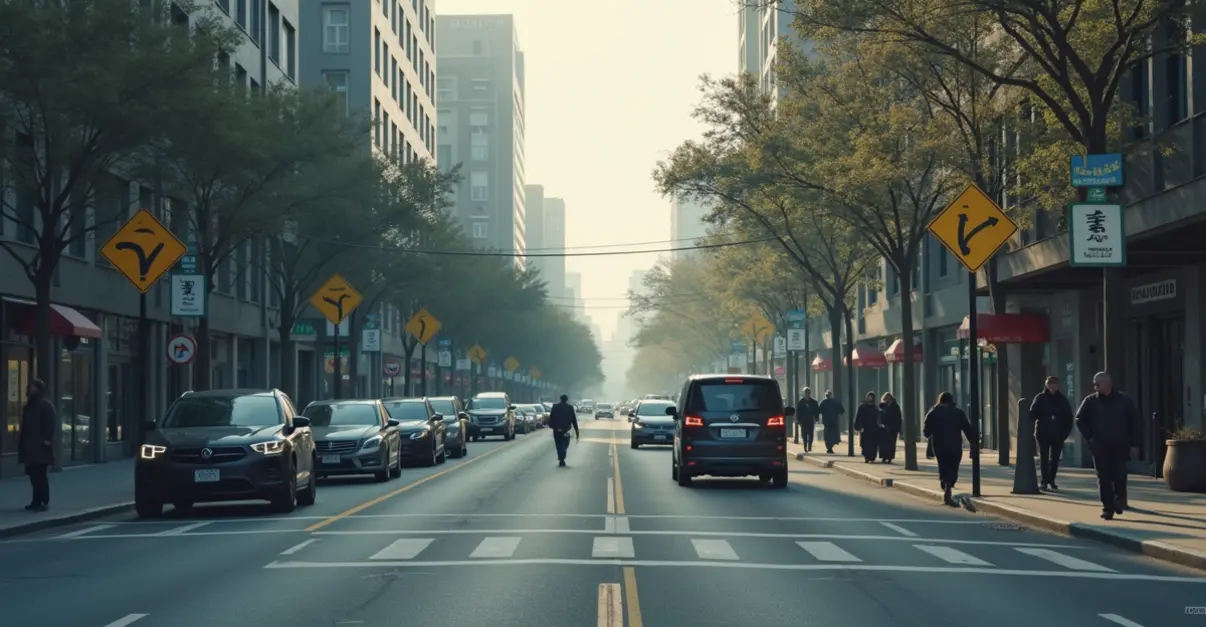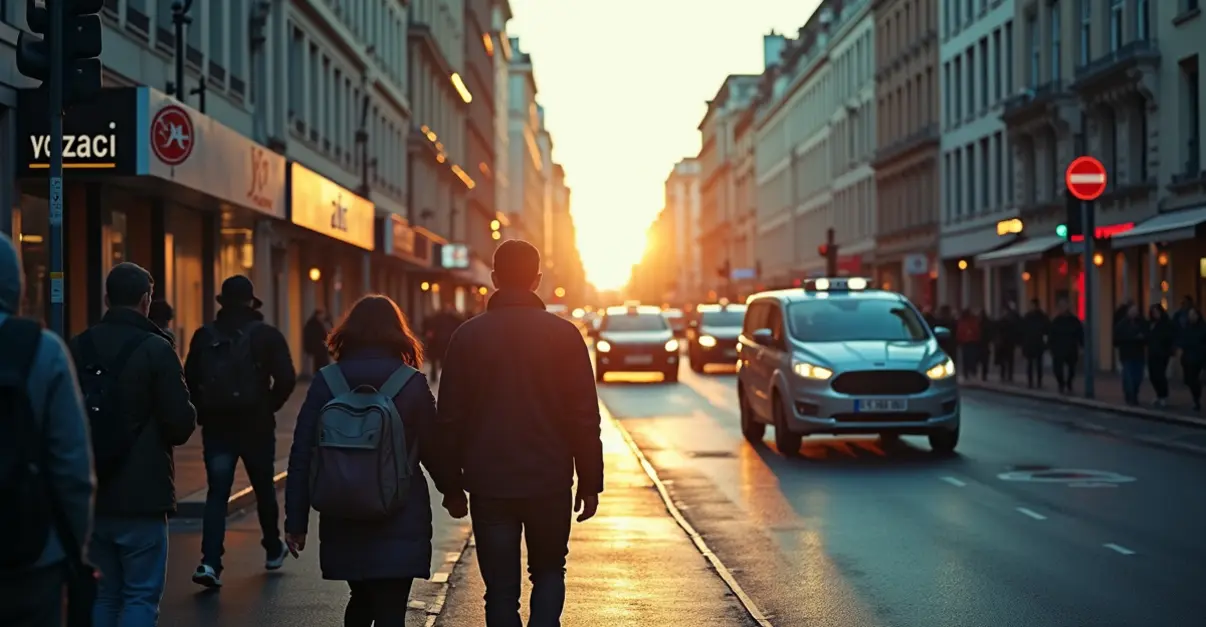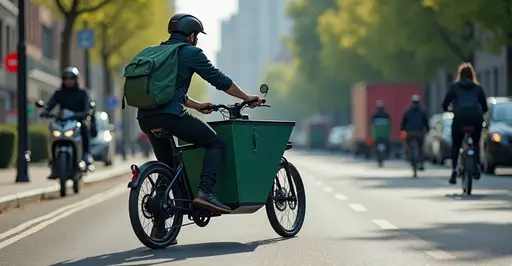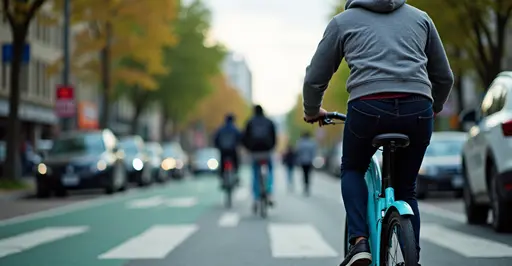Urban Revolution: Gas-Powered Scooters Face 2026 Ban in Major Cities
In a bold move to combat urban pollution, several major cities worldwide are implementing sweeping bans on gas-powered scooters starting in 2026. This initiative represents one of the most significant shifts in urban transportation policy in recent decades, with cities like Hanoi, Vietnam leading the charge toward cleaner, quieter urban environments.
The Environmental Imperative
The transition to electric-only zones for scooters comes as cities grapple with worsening air quality and noise pollution. According to environmental studies, traditional gas-powered scooters contribute significantly to urban air pollution, emitting harmful particulates and greenhouse gases. 'We're at a tipping point where urban air quality demands immediate action,' says Dr. Maria Rodriguez, an urban environmental scientist at the University of California. 'The shift to electric scooters could reduce urban transportation emissions by up to 30% in dense city centers.'
Research from eScooter Savvy shows that electric scooters emit only 65-110 g/km of CO2 compared to 192 g/km for petrol cars and 103 g/km for motorcycles. This dramatic reduction in emissions could significantly improve public health outcomes in urban areas where respiratory illnesses have been on the rise.
Hanoi's Groundbreaking Initiative
Hanoi, Vietnam's capital city and the world's scooter capital, will begin phasing out gas-powered motorcycles starting July 1, 2026. The ban will initially apply to central districts, expand to larger areas by January 2028, and cover the entire city by 2030. This represents a dramatic transition in a city with approximately 7 million motorbikes, 5.6 million of which still run on gasoline.
'This is the most ambitious urban transportation reform we've ever undertaken,' says Nguyen Van Minh, Hanoi's transportation director. 'We're not just changing vehicles; we're transforming how our city breathes and moves.'
The move aims to reduce toxic emissions and pollution levels in a city where air quality has reached dangerous levels. However, significant challenges remain, including what experts describe as a "woeful lack of charging infrastructure" and no government incentives for electric motorcycle purchases.
Noise Pollution Reduction
Beyond air quality improvements, the shift to electric scooters promises significant noise reduction in urban environments. Traditional gas-powered scooters can produce noise levels exceeding 80 decibels, contributing to noise pollution that affects both human health and urban wildlife.
'The quiet revolution is coming to our streets,' notes environmental activist Sarah Chen. 'Electric scooters operate at near-silent levels, which could transform the acoustic landscape of our cities, making them more peaceful and livable.'
A study conducted in Paris found that 19% of e-scooter trips replaced car journeys, leading to notable decreases in both air and noise pollution. The cumulative effect of thousands of scooters transitioning from gas to electric could create substantially quieter urban environments.
Global Momentum and Challenges
While Hanoi leads the charge, other cities are watching closely and developing similar policies. The global e-scooter market is projected to reach $41.98 billion by 2030, driven by convenience, affordability, and eco-friendliness.
However, the transition faces significant hurdles. With average annual incomes in Vietnam around $6,250 and electric scooters costing $1,150-$1,900, affordability is a major concern. Industry experts suggest subsidies or low-interest loans may be needed to make the transition accessible to residents.
'We need to ensure this transition doesn't leave behind lower-income communities,' emphasizes transportation equity advocate James Wilson. 'The environmental benefits must be matched by social equity in implementation.'
Infrastructure and Implementation
Successful implementation requires comprehensive infrastructure development. Cities must deploy charging stations, upgrade electrical grids, and develop supportive policies. The U.S. Department of Transportation's Urban Electric Mobility Toolkit provides guidance for cities transitioning to electric transportation systems, emphasizing the need for strategic planning and community engagement.
Life cycle analysis from recent studies shows that while electric scooters offer significant operational benefits, their production phase and charging infrastructure remain environmental concerns that cities must address through sustainable manufacturing and efficient energy management.
As the 2026 deadline approaches, cities worldwide are developing comprehensive plans to ensure a smooth transition that balances environmental goals with practical implementation challenges. The success of these initiatives could set the stage for broader urban transportation reforms in the coming decades.

 Nederlands
Nederlands
 English
English
 Deutsch
Deutsch
 Français
Français
 Español
Español
 Português
Português
